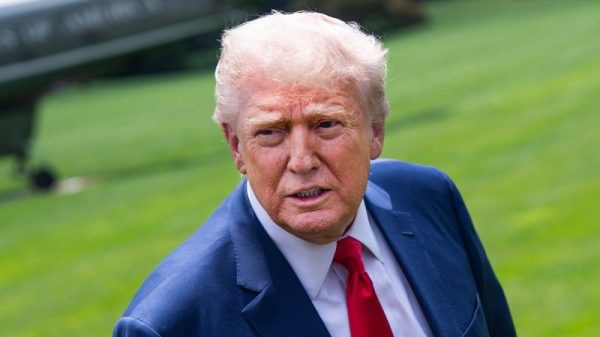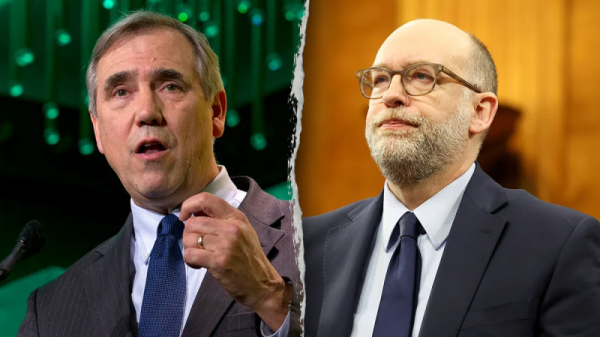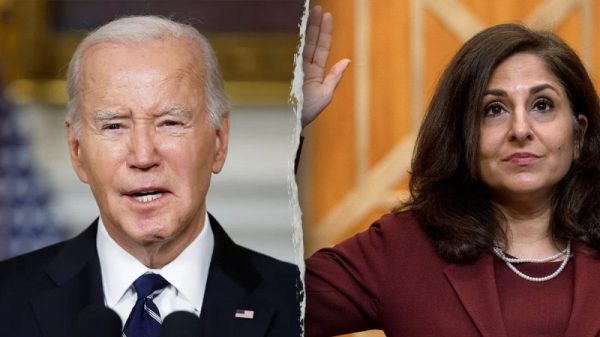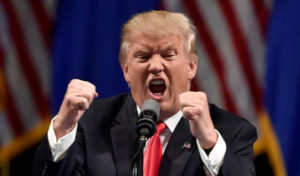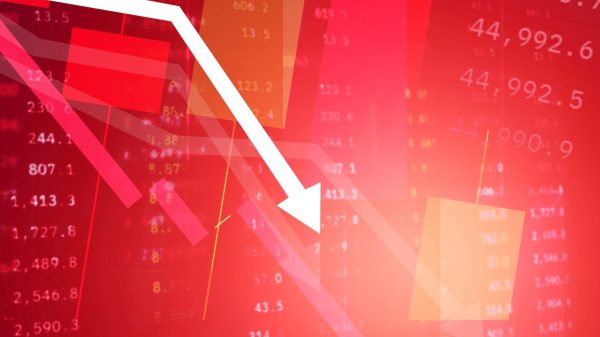
A worrying time could lie ahead for the UK gambling industry. Recent revenue figures have again been impressive, especially for the online sector. However, stricter regulation is already being put in place and now there are fears of higher tax rates being imposed.
Earlier this year, the Gambling Minister Baroness Twycross spoke at the AGM of the Betting and Gaming Council (BGC). One of her comments really struck home as the politician spoke about “the value the UK gambling industry sector brings. Not just in tax receipts and jobs created.” While the Baroness went on to speak about gambling being “a leisure activity,” the audience were still digesting the mention of tax receipts.
The BGC states that their members contribute £6.8 billion a year to the UK economy and that sees £4 billion being given in tax to the Treasury. However, the fear is that the tax figure is going to increase in the future.
Currently, there is a three-level tax system for the UK gambling industry. There’s a Remote Gaming Duty (RGD) which sees operator’s paying 21% of their profit. In addition, there is also a General Betting Duty (GBD) which is 15% of profit and finally, the Pool Betting Duty (PBD) which sees a payment of 15% of total net stake receipts being paid.
Now the Labour government is now planning to reform the remote gambling tax system with a single Remote Betting & Gaming Duty being created. The concern of the UK gambling industry is that all three verticals could see a 21% duty when the changes come into force.
If that was to happen, it’s something that tax lawyer Zoe Feller believes could see the gambling industry become “economically unviable.” At present, a consultation period is taking place and the tax lawyer believes it is vital that the industry let the government know just how they feel about the proposed changes. “The more data the government collects on the conduct, the more likely it is to result in a tax that actually functions and works,” said Feller.
Grianne Hurst is the CEO of the BGC and has been scathing of any possible tax rise. It’s something she believes would be “utterly self-defeating for the Government.” It would also make “a mockery” of the desire for there to be growth in the UK economy. The National Insurance rise seen in last autumn’s budget has already hit companies.
Writing on the BGC website, the CEO states that if taxes were to rise, they would not see the Treasury receive additional funds. Hurst added that the stricter regulation that has been introduced has cost the industry “over a billion pounds in lost revenue.”
To be able to legally operate in this country, companies are required to be licensed by the UK Gambling Commission (UKGC) who set the regulations that those licensed must follow. Failure to do so can and does lead to licensees being handed regulatory fees. Recently, Spreadex were fined £2 million and TGP Europe £3.3 million. The latter opted to leave the UK market rather than pay their fine.
There are a large number of unlicensed and unregulated online sites that operate on what is called the black market. Such sites offer lower levels of customer protection and don’t pay the Treasury any tax revenue.
They also take money away from licensed companies and the BGC estimated that this year’s Grand National saw £9.4 million bet on the black market. Their message to the government is that they “must listen to business and sport and not drive growth, investment and jobs out of one of the UK’s few global business success stories.”
That’s what they will be telling the government during the consultation process that runs until July 21. It’s expected that this year’s autumn budget will see a formal announcement made over what is going to happen.
Online gambling gross gambling yield for the first three months of this year was £1.45 billion. That was 7% higher than the total recorded in the same period last year. Of that total, £689 million came from online slot games.
There have now been new maximum stake limits introduced. For players aged 18-24, they will not be able to stake more than £2 a spin. There is now a £5 maximum stake for older players. The measures have been introduced to protect those who play the enjoyable but considered highly addictive online slots.
Also a mandatory levy is being imposed on the industry with the aim of raising £100 million a year. Monies received will go towards funding research into gambling harm and helping their treatment. This combined with the new maximum stakes and possibly higher tax rates are not good news for the UK gambling industry.
A worrying time could lie ahead for the UK gambling industry. Recent revenue figures have again been impressive, especially for the online sector. However, stricter regulation is already being put in place and now there are fears of higher tax rates being imposed.
Earlier this year, the Gambling Minister Baroness Twycross spoke at the AGM of the Betting and Gaming Council (BGC). One of her comments really struck home as the politician spoke about “the value this sector brings. Not just in tax receipts and jobs created.” While the Baroness went on to speak about gambling being “a leisure activity,” the audience were still digesting the mention of tax receipts.
The BGC states that their members contribute £6.8 billion a year to the UK economy and that sees £4 billion being given in tax to the Treasury. However, the fear is that the tax figure is going to increase in the future.
Currently, there is a three-level tax system for the UK gambling industry. There’s a Remote Gaming Duty (RGD) which sees operator’s paying 21% of their profit. In addition, there is also a General Betting Duty (GBD) which is 15% of profit and finally, the Pool Betting Duty (PBD) which sees a payment of 15% of total net stake receipts being paid.
Now the Labour government is now planning to reform the remote gambling tax system with a single Remote Betting & Gaming Duty being created. The concern of the UK gambling industry is that all three verticals could see a 21% duty when the changes come into force.
If that was to happen, it’s something that tax lawyer Zoe Feller believes could see the gambling industry become “economically unviable.” At present, a consultation period is taking place and the tax lawyer believes it is vital that the industry let the government know just how they feel about the proposed changes. “The more data the government collects on the conduct, the more likely it is to result in a tax that actually functions and works,” said Feller.
Grianne Hurst is the CEO of the BGC and has been scathing of any possible tax rise. It’s something she believes would be “utterly self-defeating for the Government.” It would also make “a mockery” of the desire for there to be growth in the UK economy. The National Insurance rise seen in last autumn’s budget has already hit companies.
Writing on the BGC website, the CEO states that if taxes were to rise, they would not see the Treasury receive additional funds. Hurst added that the stricter regulation that has been introduced has cost the industry “over a billion pounds in lost revenue.”
To be able to legally operate in this country, companies are required to be licensed by the UK Gambling Commission (UKGC) who set the regulations that those licensed must follow. Failure to do so can and does lead to licensees being handed regulatory fees. Recently, Spreadex were fined £2 million and TGP Europe £3.3 million. The latter opted to leave the UK market rather than pay their fine.
There are a large number of unlicensed and unregulated online sites that operate on what is called the black market. Such sites offer lower levels of customer protection and don’t pay the Treasury any tax revenue.
They also take money away from licensed companies and the BGC estimated that this year’s Grand National saw £9.4 million bet on the black market. Their message to the government is that they “must listen to business and sport and not drive growth, investment and jobs out of one of the UK’s few global business success stories.”
That’s what they will be telling the government during the consultation process that runs until July 21. It’s expected that this year’s autumn budget will see a formal announcement made over what is going to happen.
Online gambling gross gambling yield for the first three months of this year was £1.45 billion. That was 7% higher than the total recorded in the same period last year. Of that total, £689 million came from online slot games.
There have now been new maximum stake limits introduced. For players aged 18-24, they will not be able to stake more than £2 a spin. There is now a £5 maximum stake for older players. The measures have been introduced to protect those who play the enjoyable but considered highly addictive online slots.
Also a mandatory levy is being imposed on the industry with the aim of raising £100 million a year. Monies received will go towards funding research into gambling harm and helping their treatment. This combined with the new maximum stakes and possibly higher tax rates are not good news for the UK gambling industry.
Read more:
UK Gambling Industry Concerned Over Stricter Regulation and Higher Taxes


